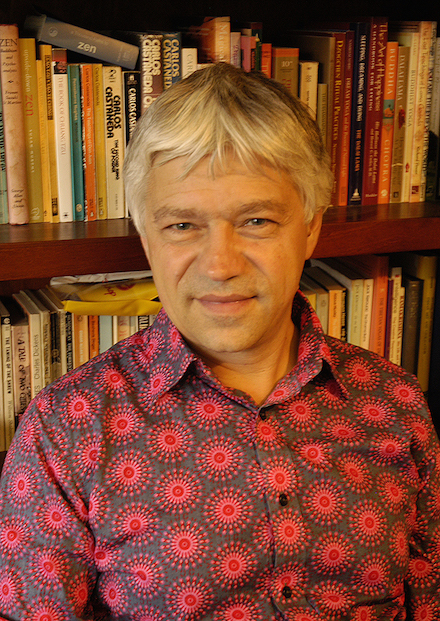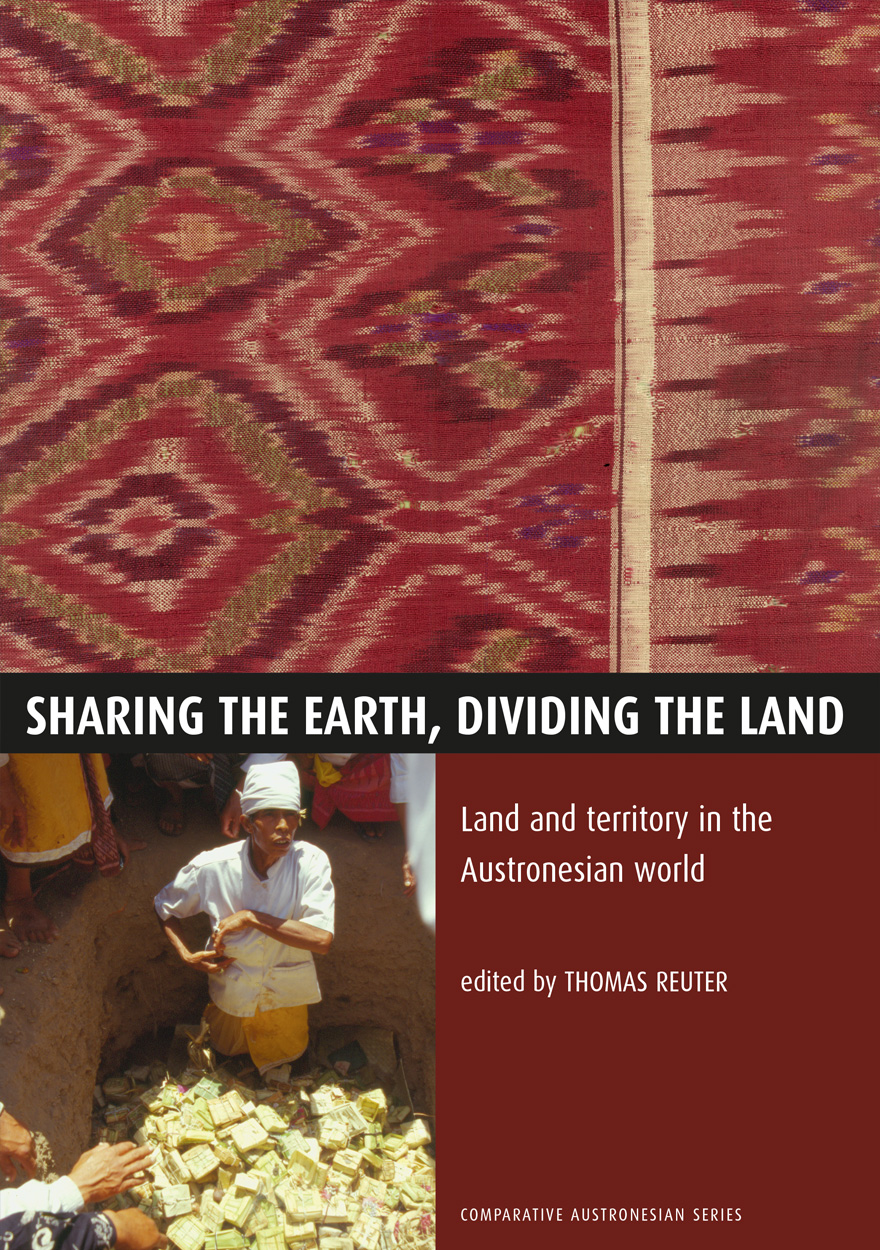Thomas Reuter

Prof Thomas Reuter is a Future Fellow of the Australian Research Council, located at the Asia Institute of The University of Melbourne. After obtaining his PhD from ANU in 1997, he taught at Heidelberg University, held post-doctoral and QElI Fellowships at Melbourne, and a Research Fellowship at Monash University. He was President of the Australian Anthropological Association (2002-2005) and is the chair of the World Council of Anthropological Associations, and an executive member of the International Union of Anthropological and Ethnological Sciences. Research has focused on Indonesian ethnology (Bali, Java, Kalimantan), New Social Movements, Religion, Political Anthropology, Social Organization, Status, Globalisation and General Theory. Thomas has authored more than fifty articles and the following seven books: Custodians of the Sacred Mountains: Culture and Society in the Highlands of Bali. Honolulu: Hawaii UP, 2002. The House of Our Ancestors: Precedence and Dualism in Highland Balinese Society. Leiden (Netherlands): KITLV Press, 2002. Inequality, Crisis and Social Change in Indonesia: The Muted Worlds of Bali. London: Routledge, 2003. Budaya dan Masyarakat di Pegunungan Bali. Jakarta: Yayasan Obor, 2005. Sharing the Earth, Dividing the Land: Land and Territory in the Austronesian world. Canberra: ANU Press, 2006. Global Trends in Religion, and the Reaffirmation of Hindu Identity in Bali. Clayton: Monash Asia Institute Press, 2008. The Return to Constitutional Democracy in Indonesia, Caulfield: MAI Press, 2010.




